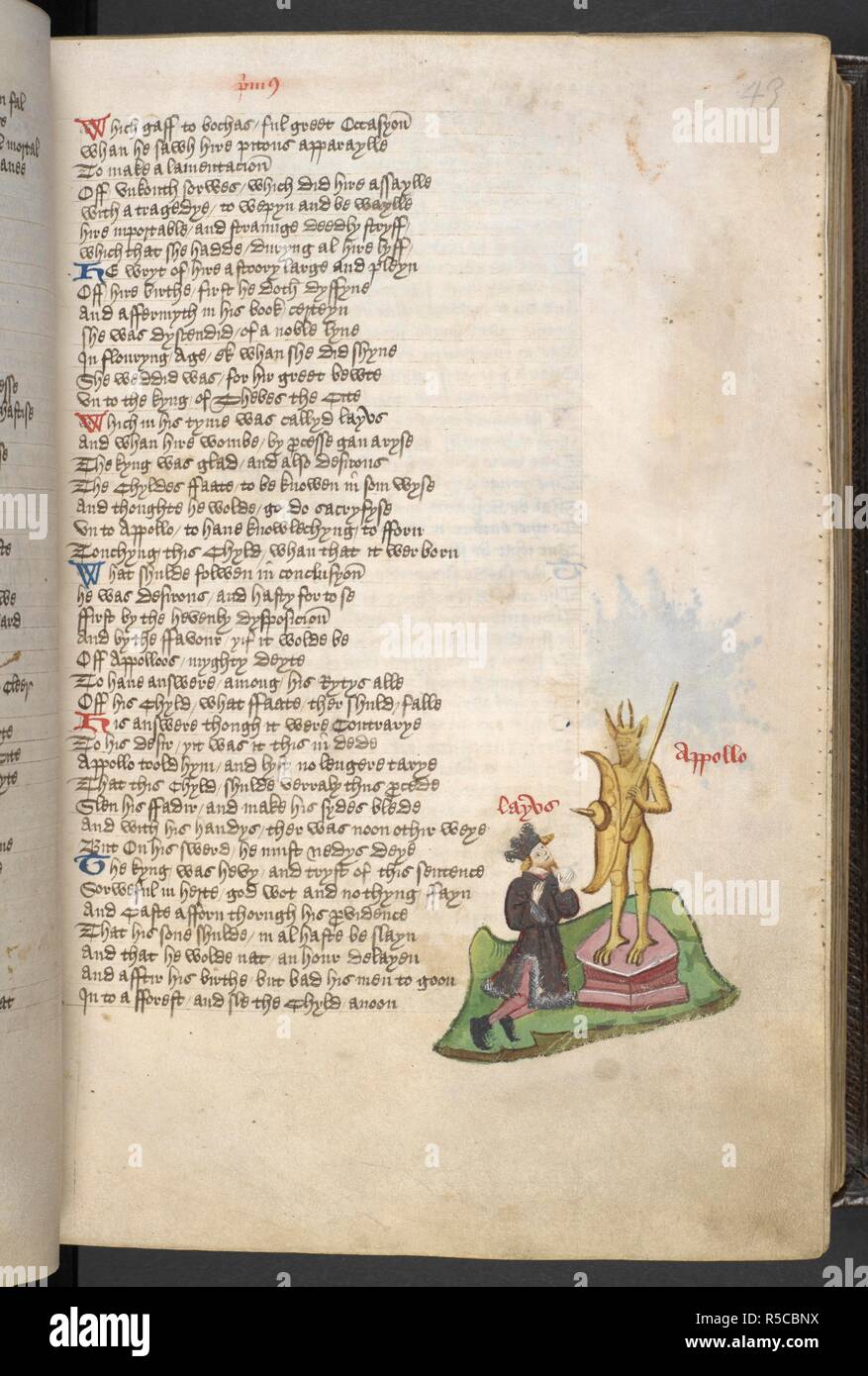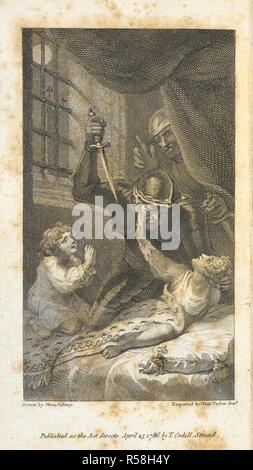

Medieval English ideas of authorship were many and varied, and show some key changes from the twelfth to the fifteenth centuries.

Today we largely take it for granted that every text has an author, but what is understood by the term ‘author’ was very different in the Middle Ages. As readers we are invited to follow their directions in order to set up the correct approach to the text. Chaucer and Boccaccio, as characters in the Fall of Princes, participate actively in the reflection on poetics and literary composition Lydgate inserts in his translation. Particularly interesting, in this respect, is the appearance of Boccaccio and Chaucer in this peri-textual material – invoked as auctoritates, referred to as sources, even seen in the company of Petrarch, dispensing wisdom on their disciple. In this paper I consider the prologues and envoys added by Lydgate as the means through which the poet reads the multi-lingual texts on which he is working. This is particularly evident in the case of The Fall of Princes, a much amplified translation of Boccaccio’s De casibus via the French version by Laurent de Premierfait. Much of his minor poetry, and most of his major, consists of translations from French or Latin works: through translation Lydgate appropriates these texts and make them part of a national cultural heritage. Perhaps the most important Chaucerian poet in the fifteenth century, John Lydgate nevertheless engages continually with non-English texts, whether by choice or as the result of a commission. Piero Boitani and Emilia di Rocco, Roma: Edizioni di Storia e Letteratura, 2014, pp.

“A Stranger at the Margins: Giovanni Boccaccio in John Lydgate’s Work”, in Boccaccio and the European Literary Tradition, ed.


 0 kommentar(er)
0 kommentar(er)
